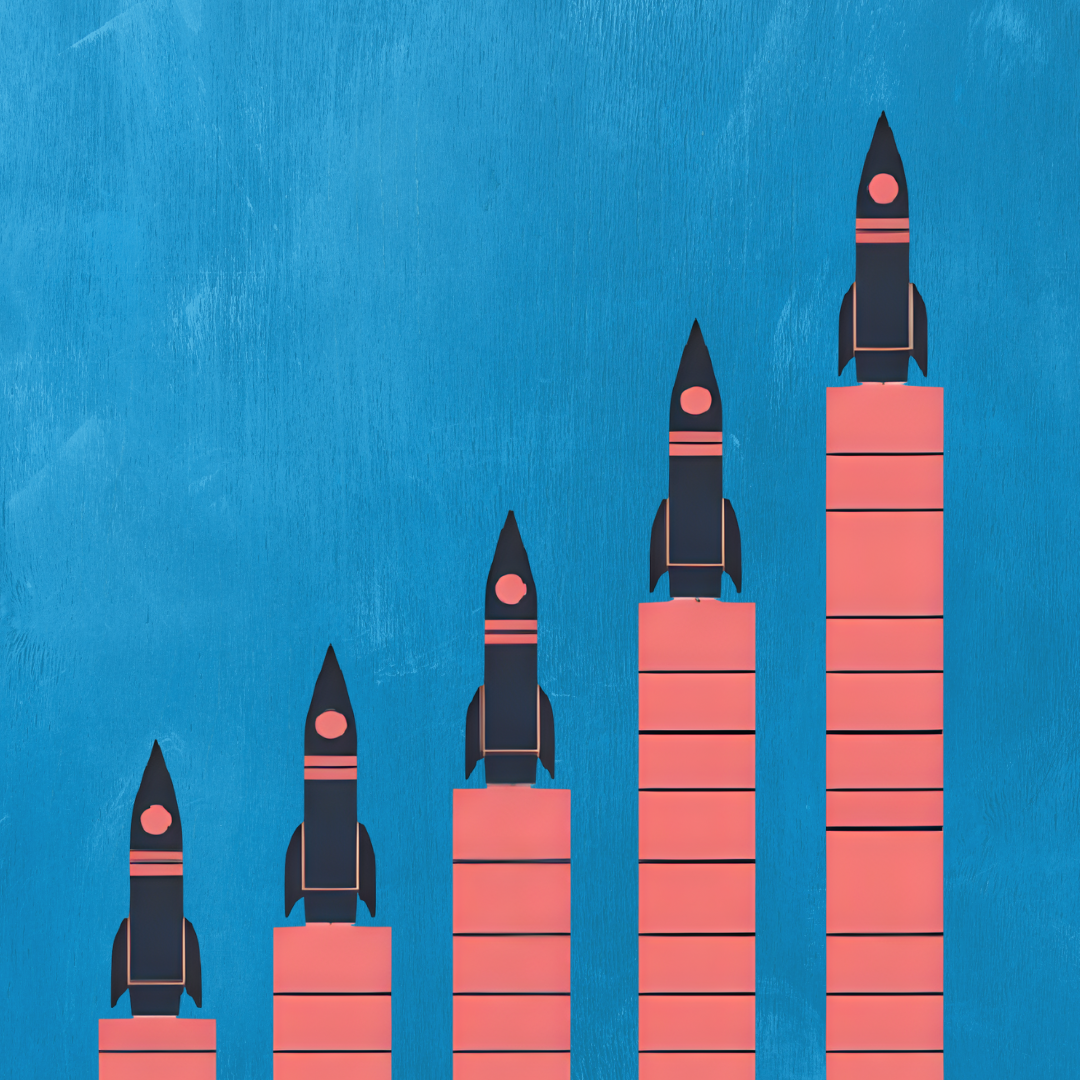Why What We Don’t Know About Nuclear Weapons Spending Is a Problem

June 16, 2025
In 2020, ICAN published its first report on global nuclear weapons spending, and we continue to publish this research annually. In our most recent report released Friday, June 13, ICAN estimated that the nine nuclear-armed states spent over $100 billion on their nuclear arsenals in 2024—a new record and an increase of nearly $10 billion from 2023. ICAN is still the only organisation to produce an annual estimate of how much countries spend to build and maintain nuclear weapons systems. I designed the report’s research methodology on how much each country spends on nuclear weapons. Given my direct experience, I will be the first to say that the findings are a best estimate. Lack of government transparency only allows us to make an approximation based on government budget documents (where available), news reports and regional expert estimations.
Nuclear spending is not the only aspect of nuclear policy kept from the public and policy makers, but it is a particular affront to democratic governance. As the citizen of a nuclear-armed state myself, I believe that I have a right to know how my tax dollars are spent to maintain and build new weapons of mass destruction. Legislators tasked with producing and providing oversight on government budgets can hardly do so effectively with the most accurate information possible. Recent research demonstrates that nuclear secrecy can damage democratic governance more broadly.
Producing an estimate of nuclear-armed state annual spending is challenging, determining the spending of countries that host foreign nuclear weapons is near impossible, as we discovered when we tried to do so this year. However, the information is not unknowable. There is a secret agreement between governments that station U.S. nuclear weapons and the United States—the Atomic Stockpile Agreement—which outlines cost sharing. And yet, even when members of parliament in nuclear host countries ask directly, as German parliamentarians did in 2022, they were told that “no information can be provided.”
Declassified U.S. documents tell a part of the story: nuclear host nations are responsible for providing perimeter security for stored nuclear warheads, although the exact cost is unknown. Multibillion dollar contracts between nuclear host nations and U.S. arms manufactures to purchase the aircraft that can drop the stored nuclear warheads tells another part of the story. And we know that the €2.1 million NATO Military Budget funds collective trainings and exercises, presumably including the annual NATO exercise to practice using nuclear weapons (Steadfast Noon). But the rest is hidden from public oversight, as is the very presence of dozens of nuclear warheads located one hundred kilometres or less from nearby towns and cities in Belgium, Germany, Italy, the Netherlands and Türkiye.
Our staggering estimate of the economic cost of nuclear weapons and the lack of public information on costs is hardly the worst thing about nuclear weapons. Nuclear weapons are indiscriminate, as is their ability to wreck catastrophic humanitarian harm, which is what led to the majority of the world’s nations negotiating an international treaty to ban them. As of today, 98 countries have joined. Would it improve international security if the nine nuclear-armed governments managed to cut nuclear spending in half, to $50 billion? What if they “only” spent $1 billion, which is one percent of 2024 nuclear weapons spending? Reducing nuclear weapons spending or providing more transparency about nuclear costs does not solve the underlying problem that nuclear weapons threaten to end the world as we know it, as long as they exist.
Citizens of nuclear-armed and nuclear host states have a special responsibility to demand the dismantlement of the nuclear weapons their tax dollars pay for. But people around the world have a right to call for a safer future, one without the constant threat of nuclear annihilation. I hope that ICAN’s research on nuclear weapons spending is a call to action. Whether that is contacting your elected representative or getting a resolution passed in your town or city, demanding divestment from your bank, pension fund or university or participating in a collective of artists against nuclear weapons, ICAN has the tools and resources to get active in the global movement against nuclear weapons. Join us and bring your country around to the right side of history.
